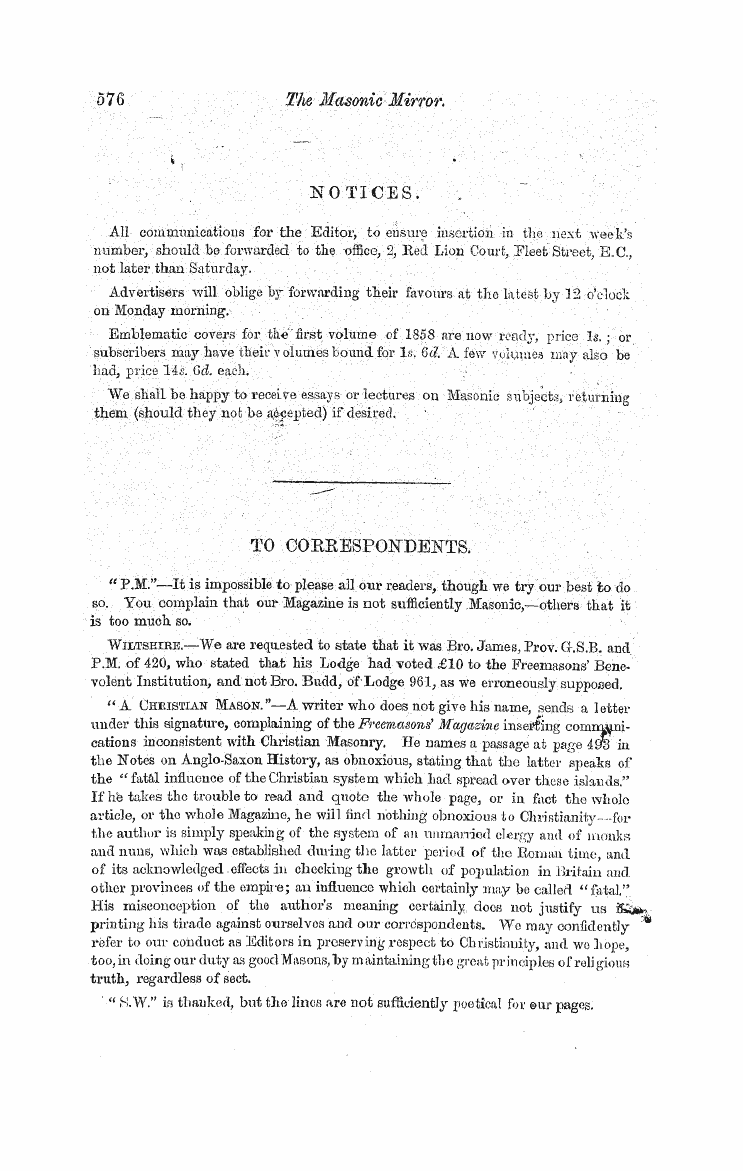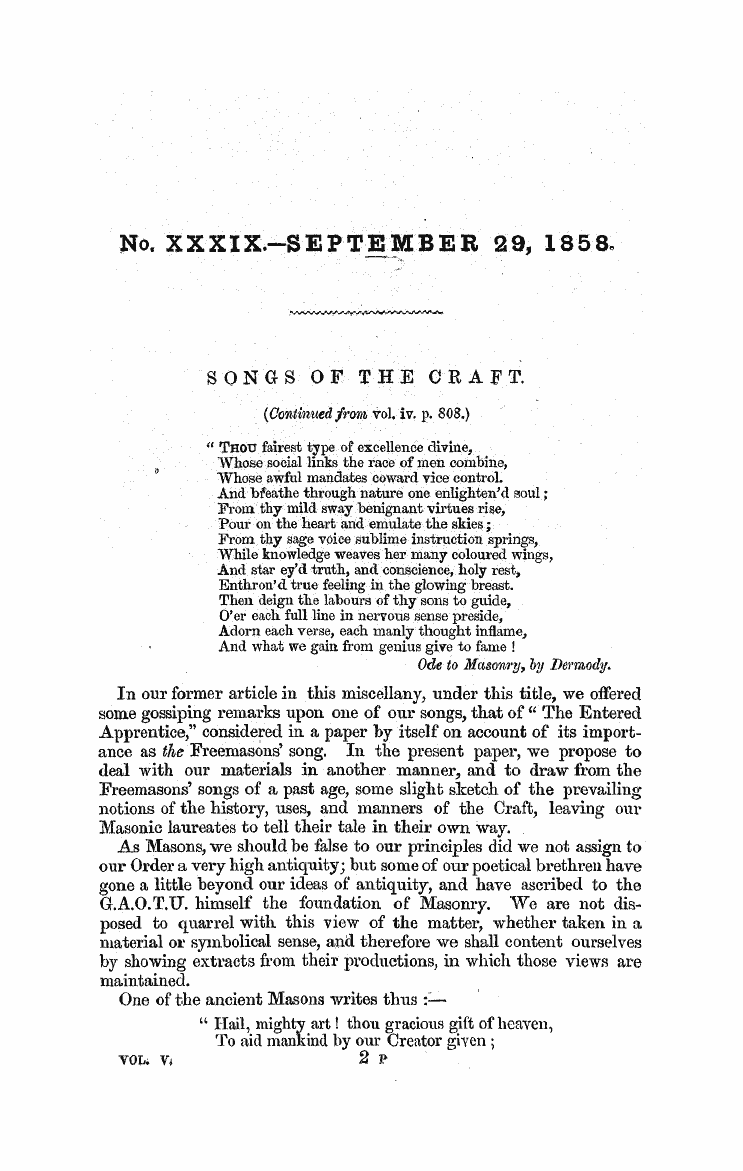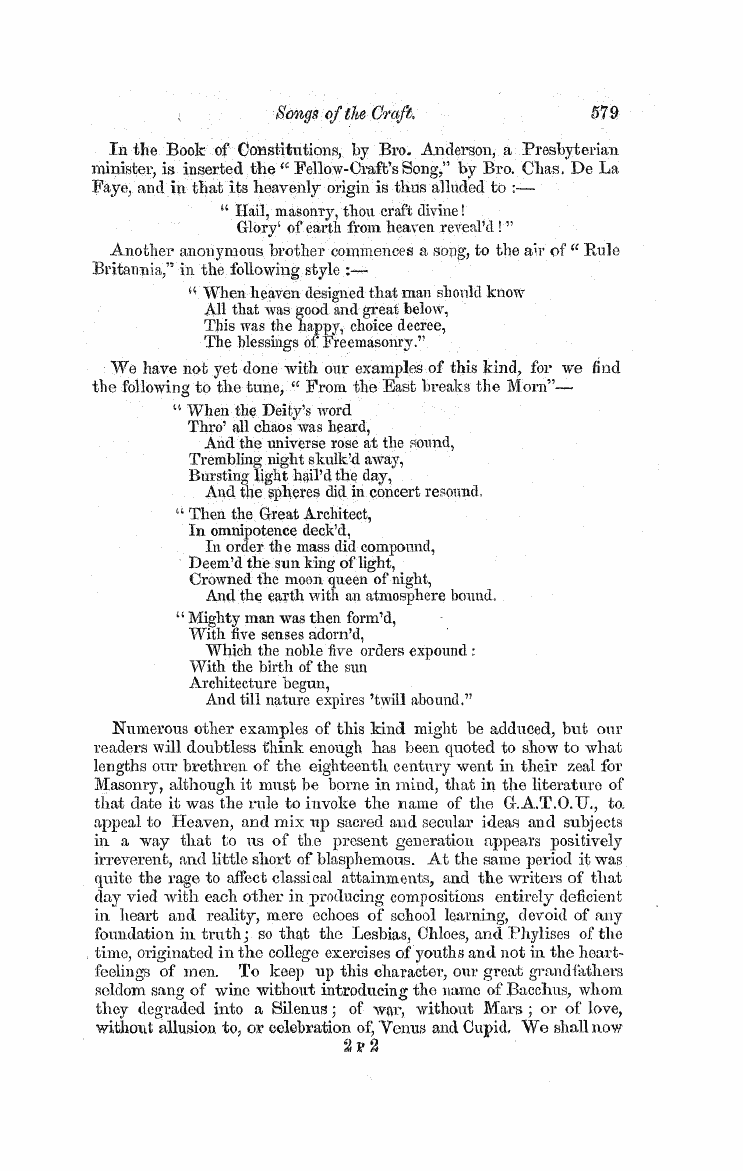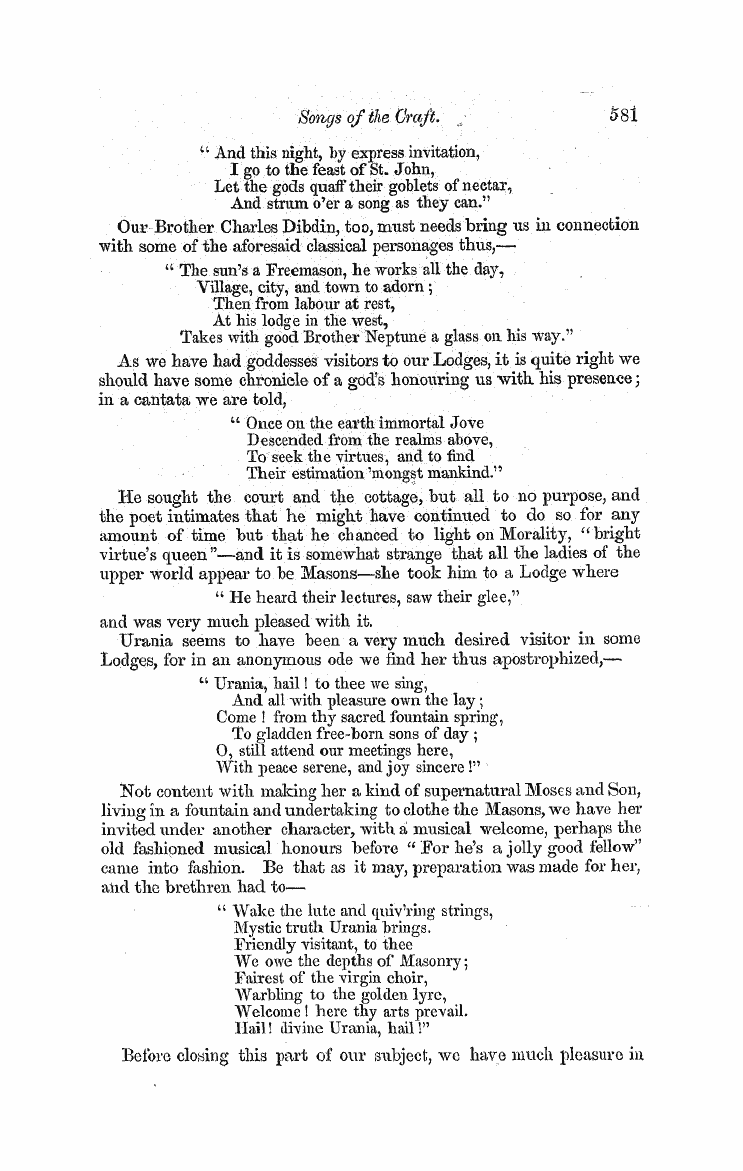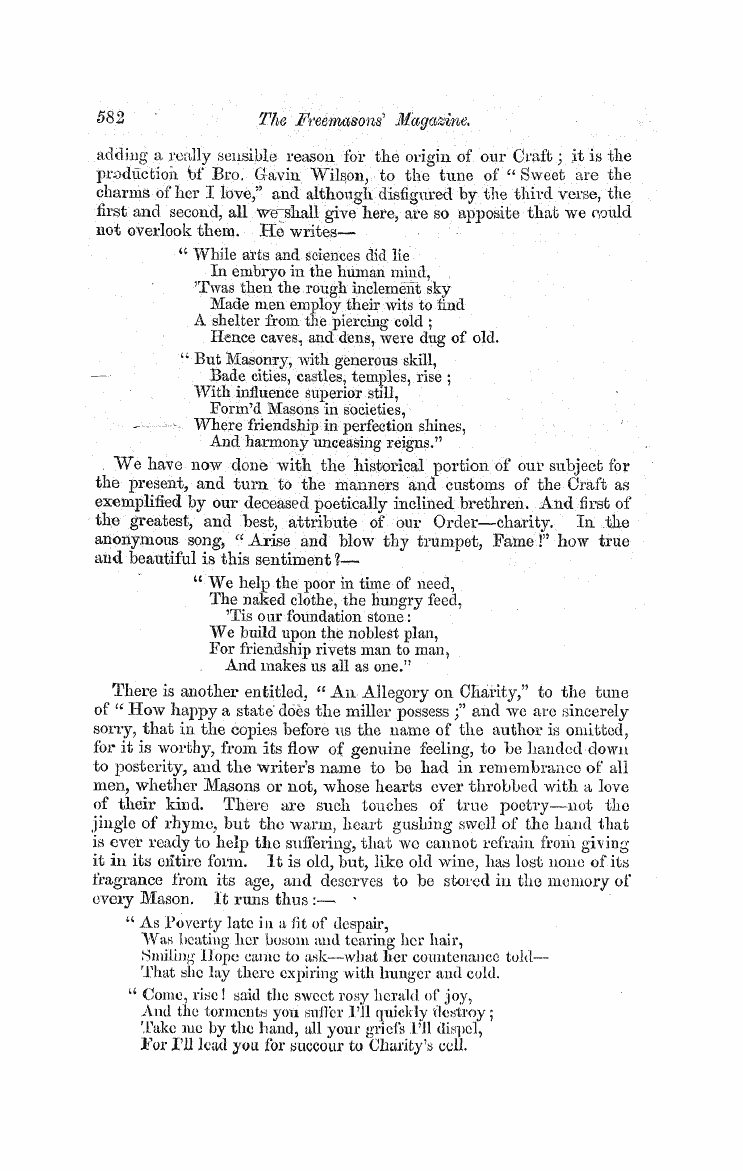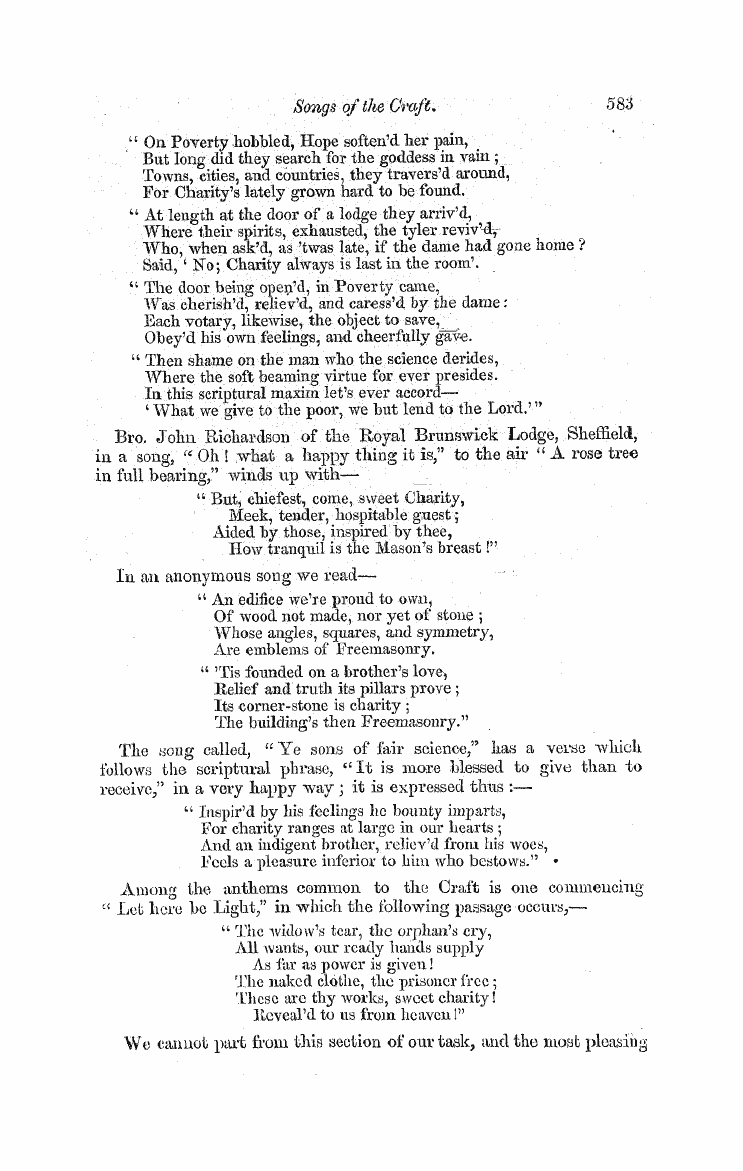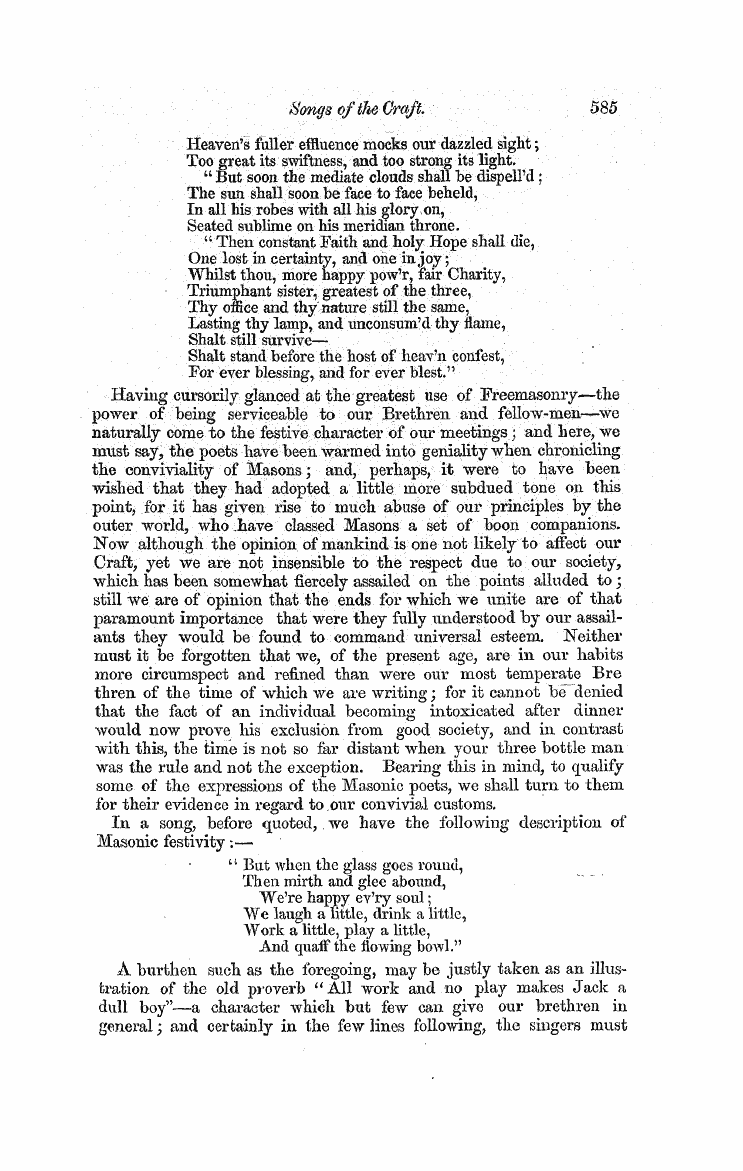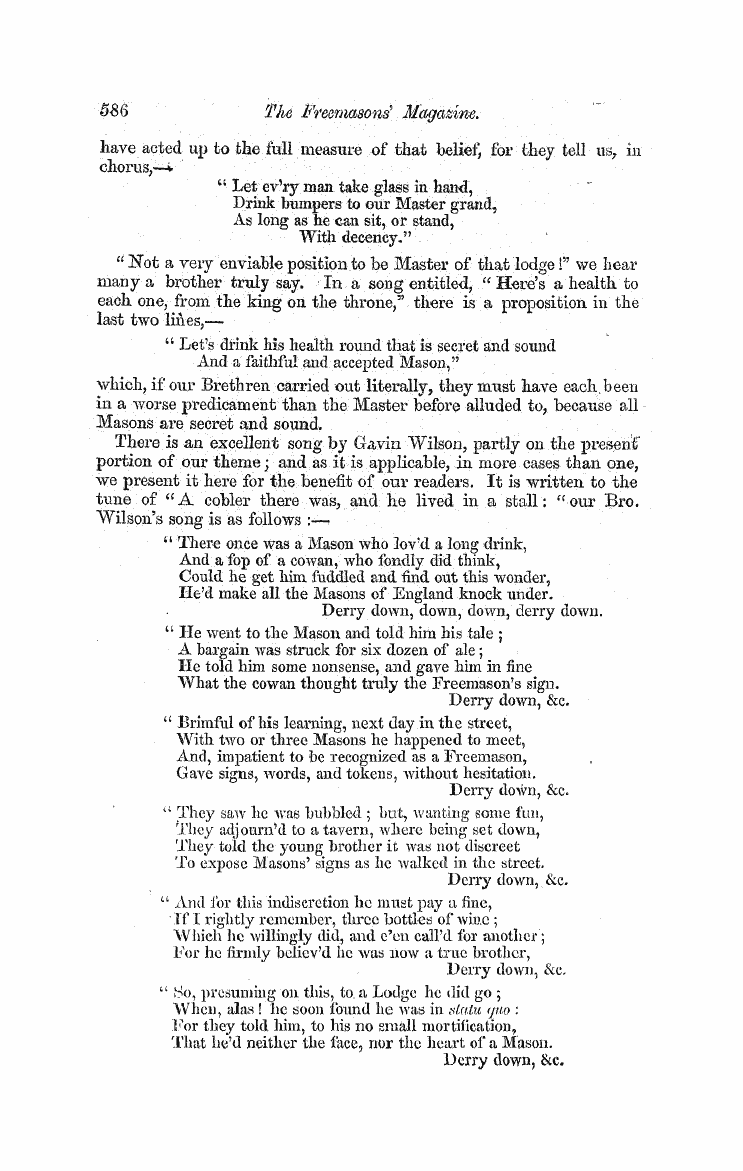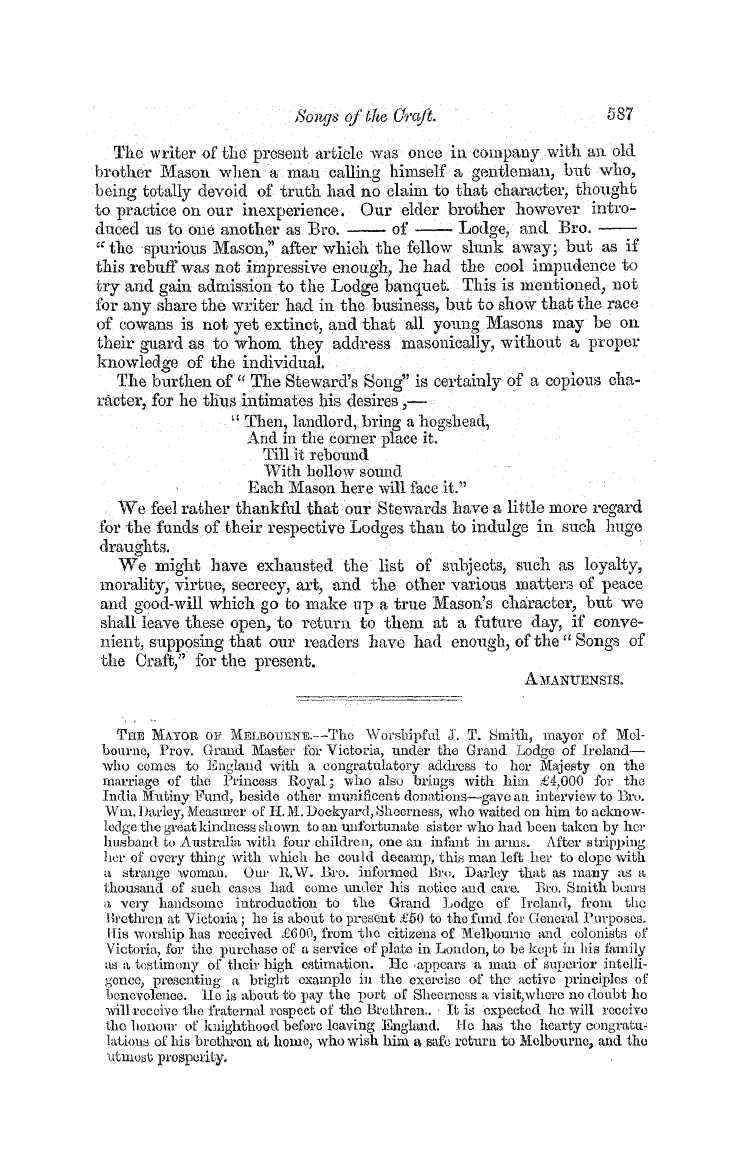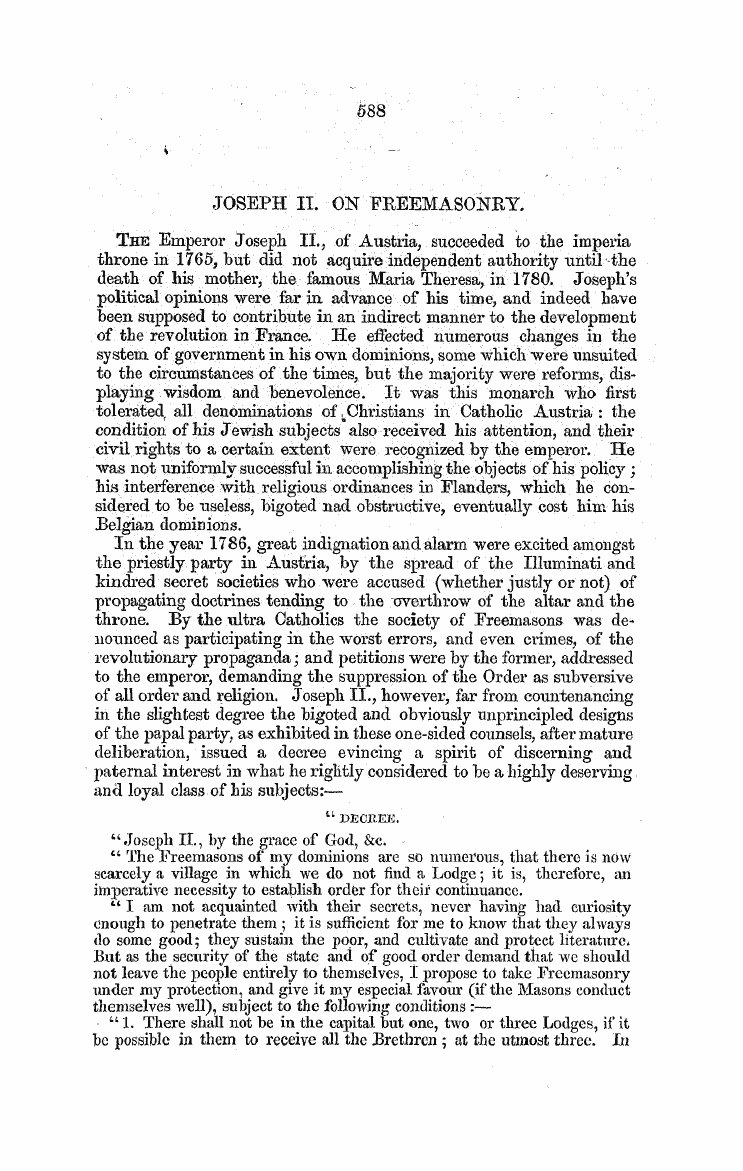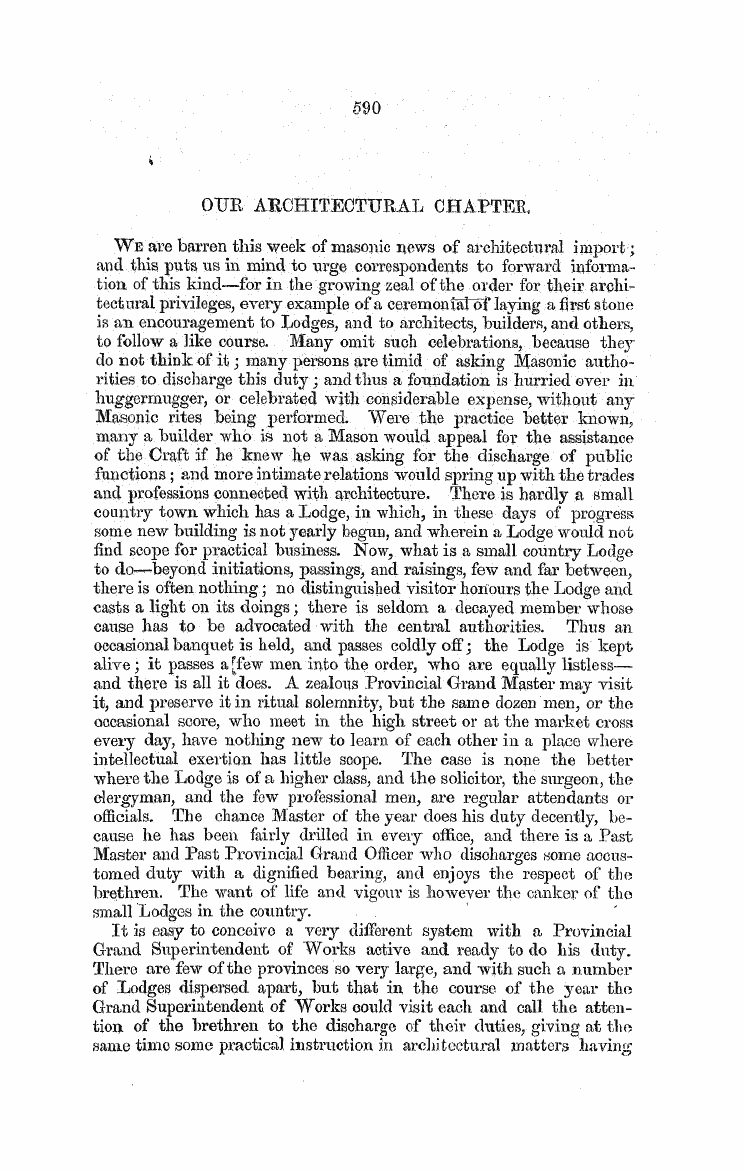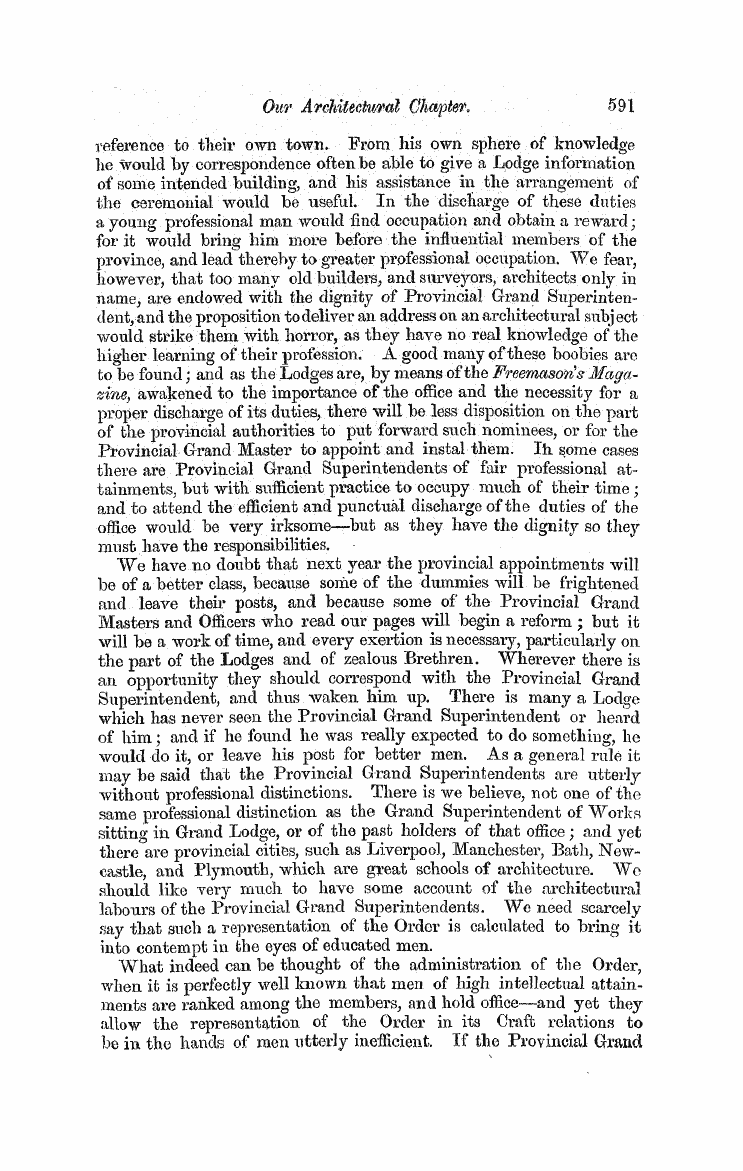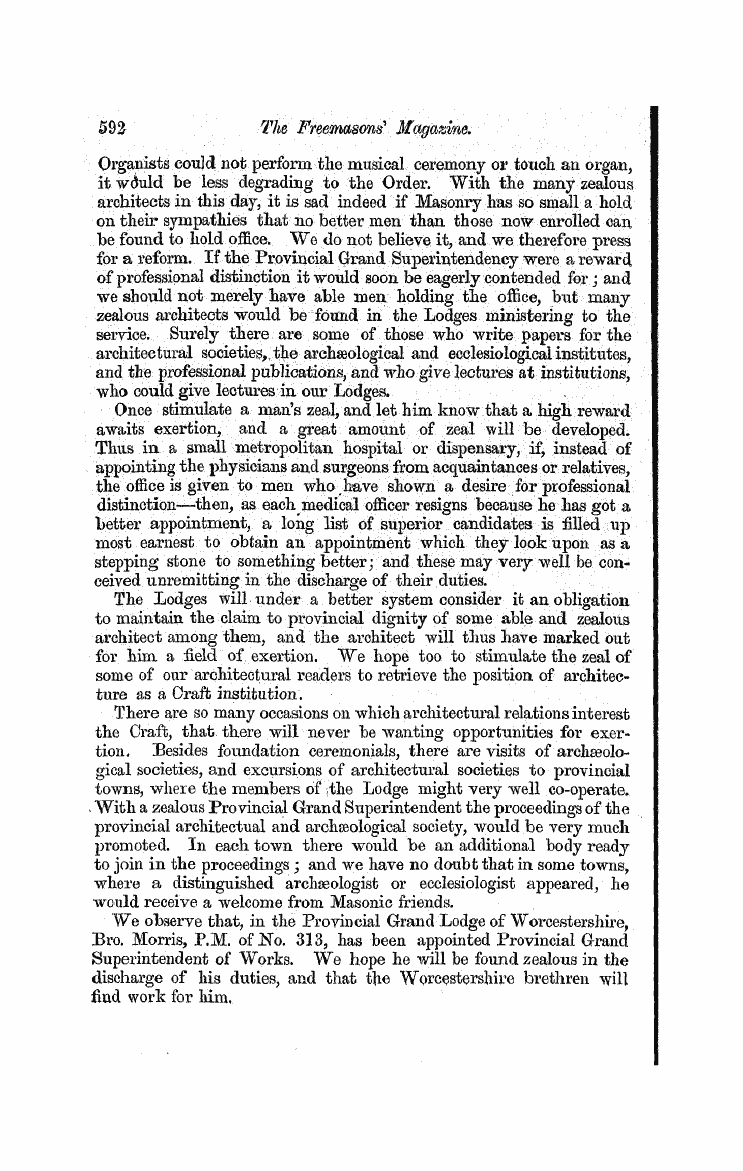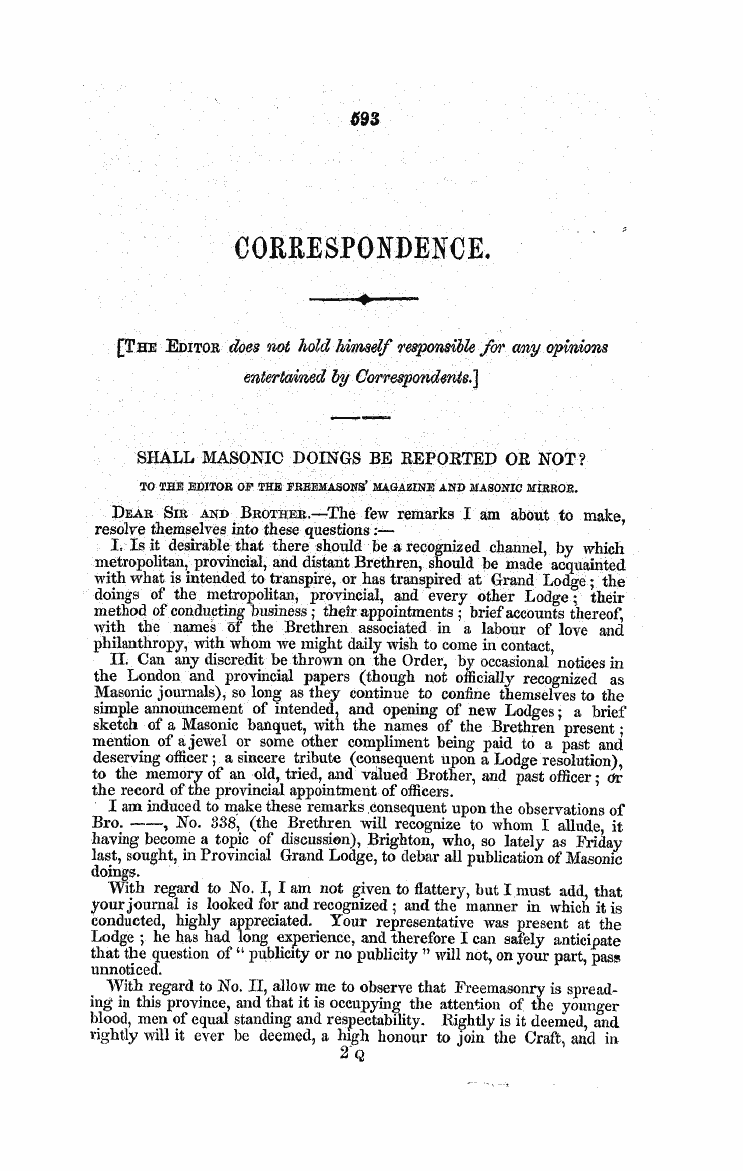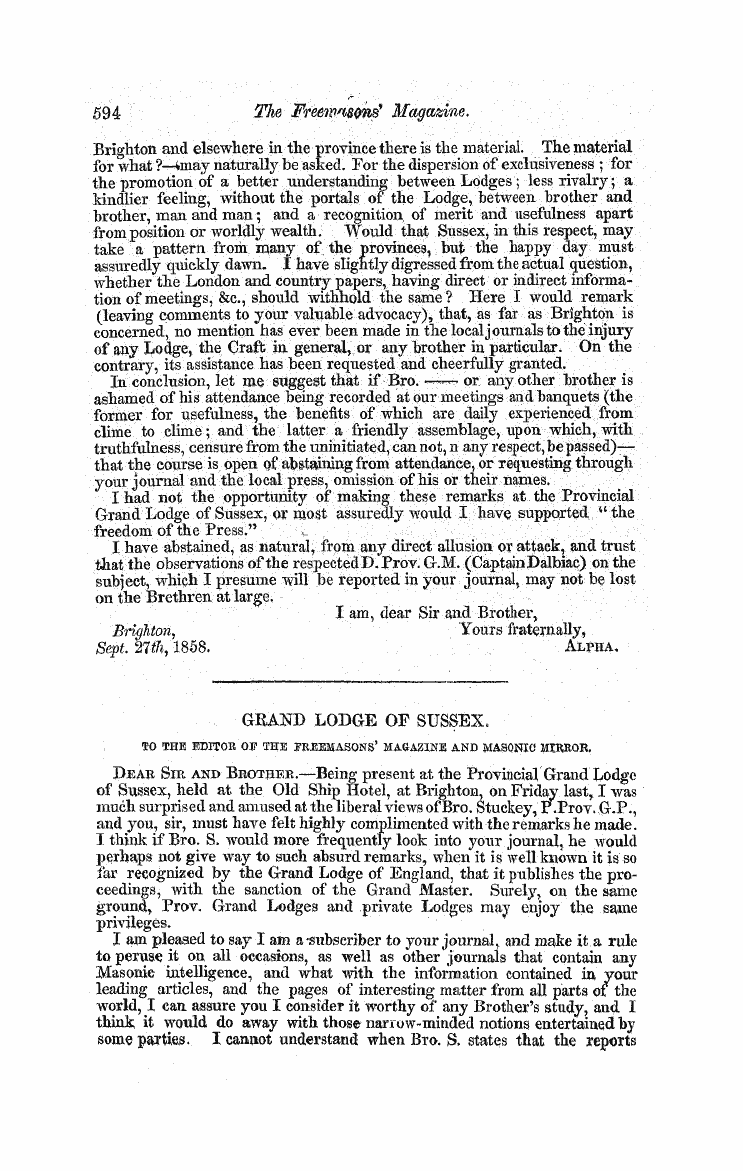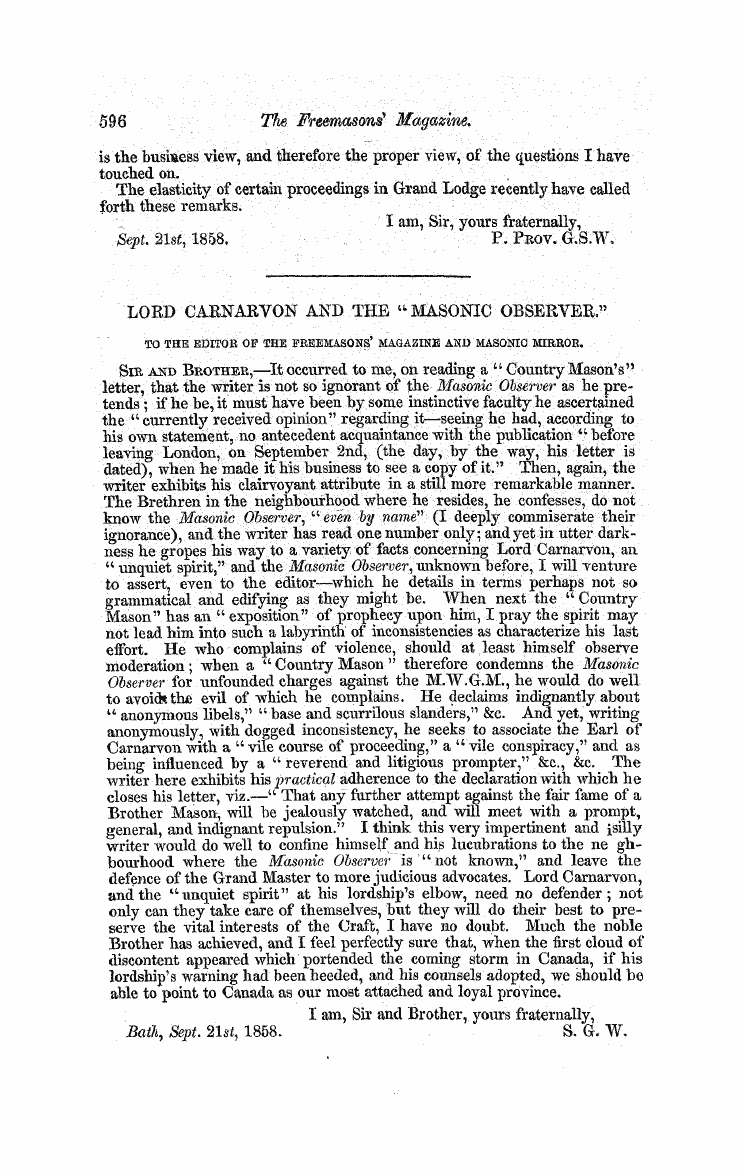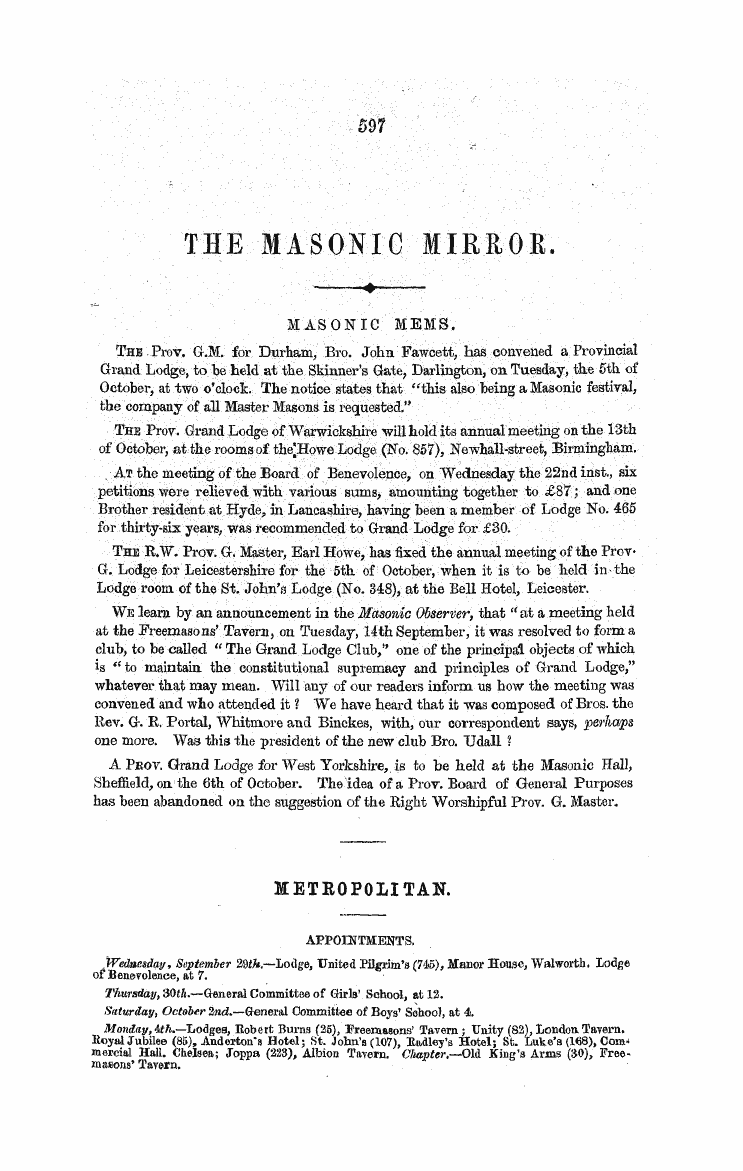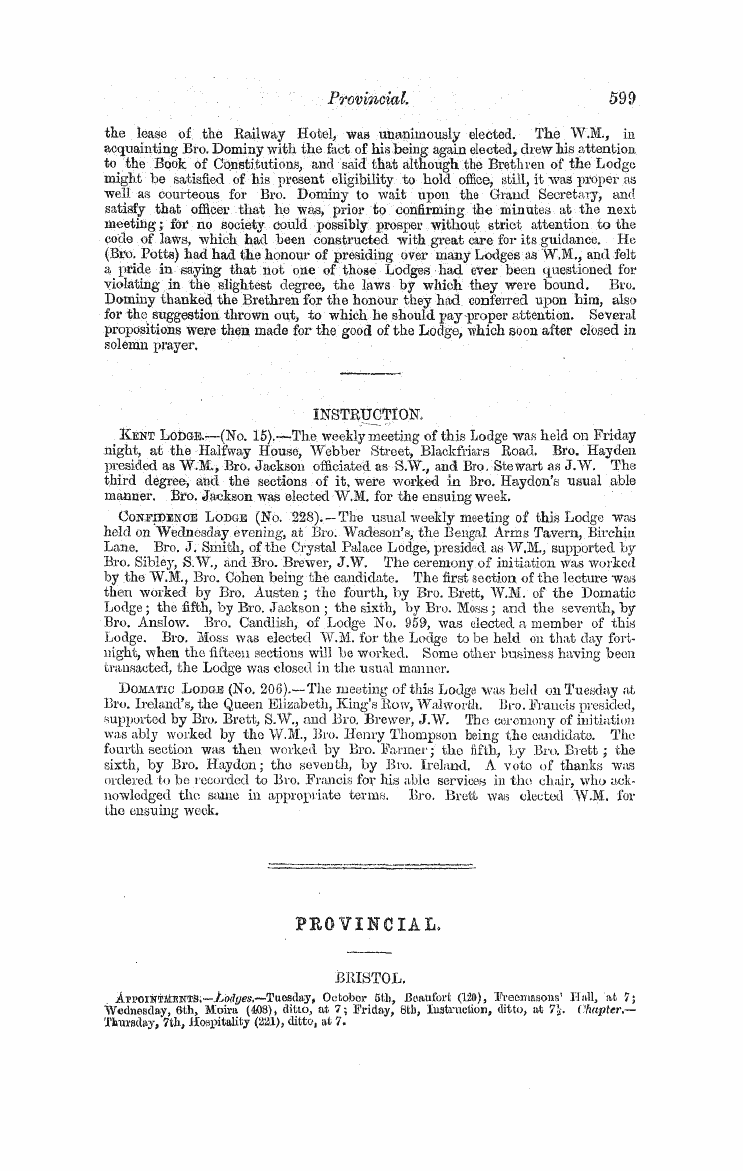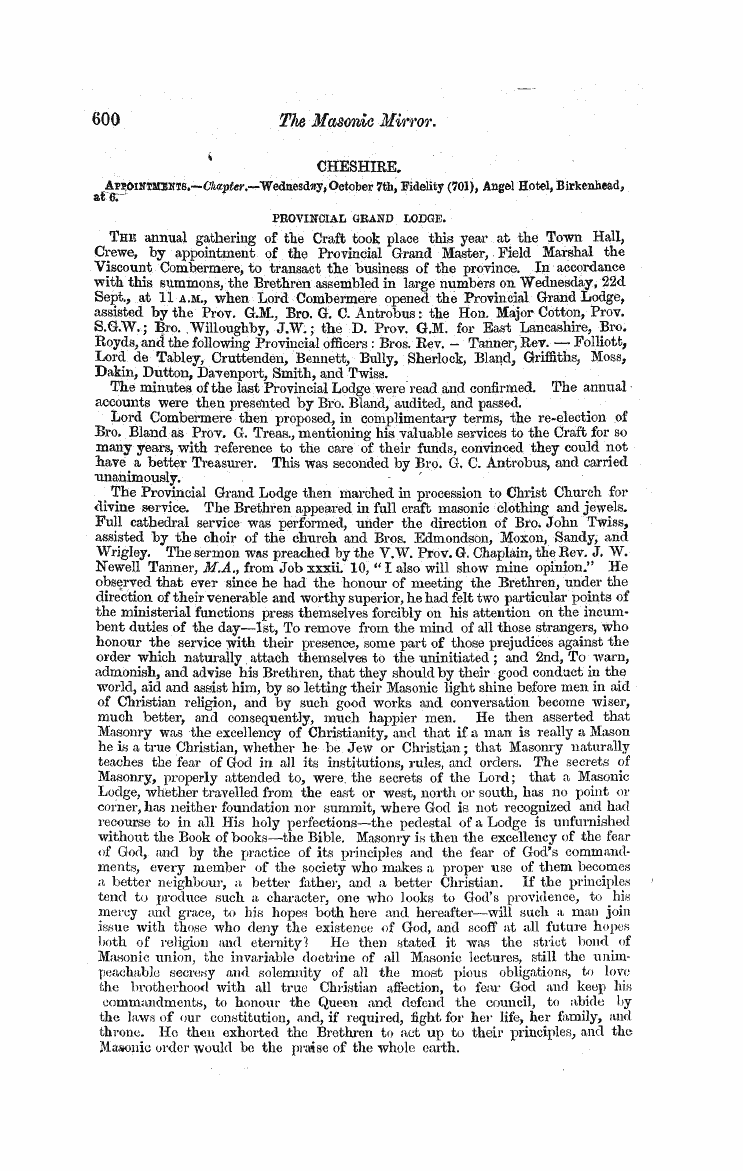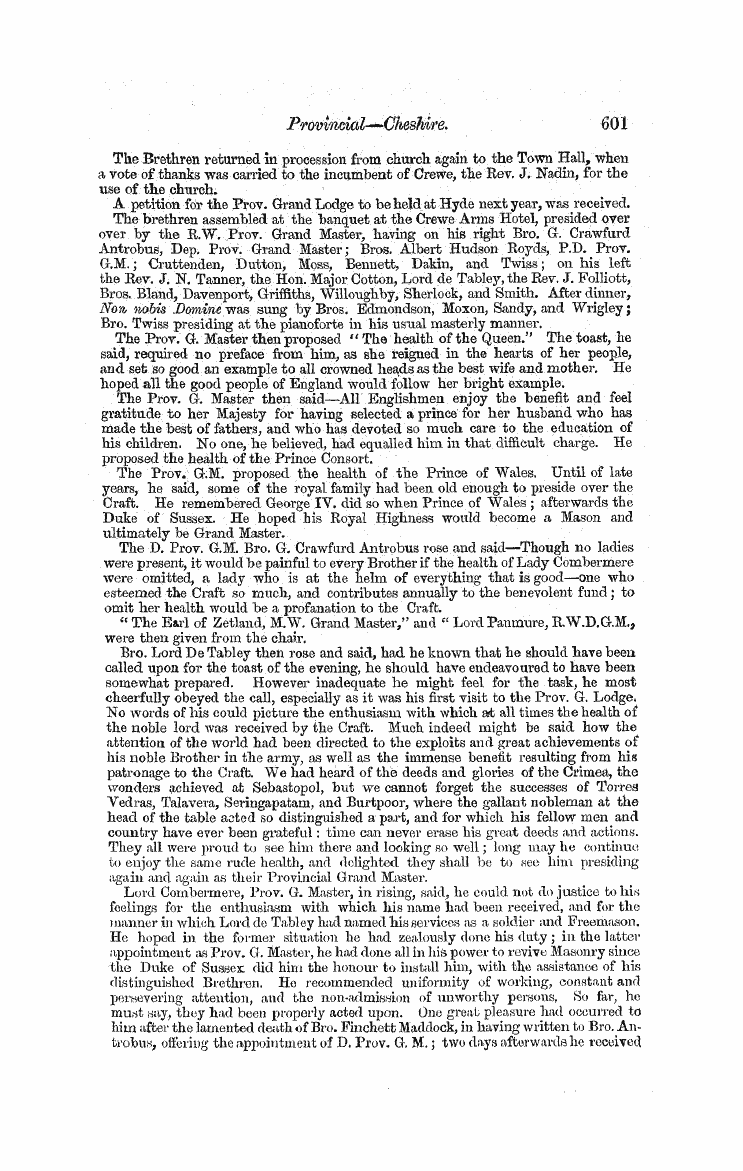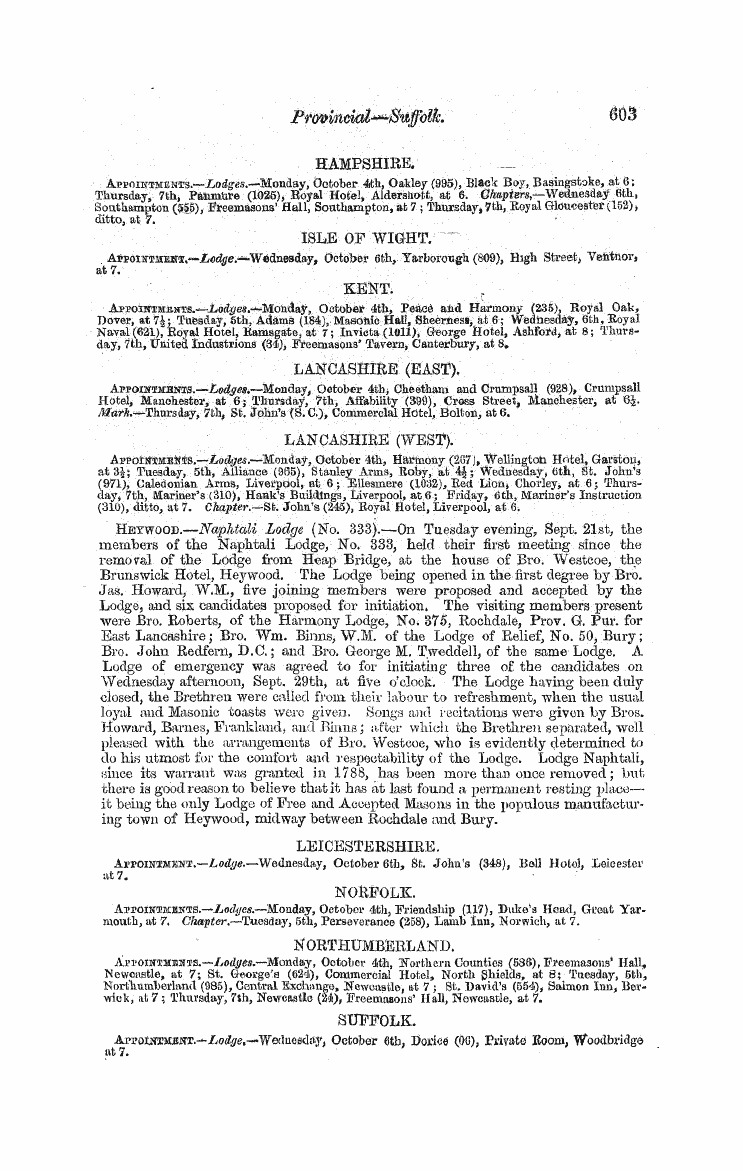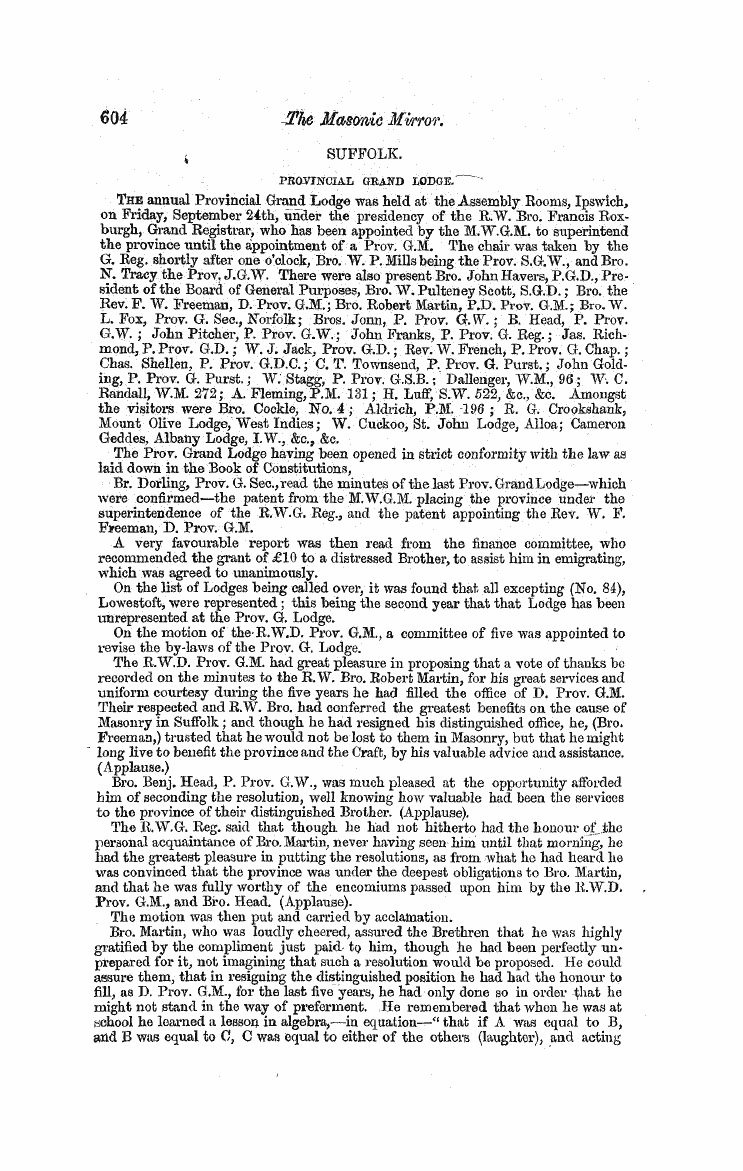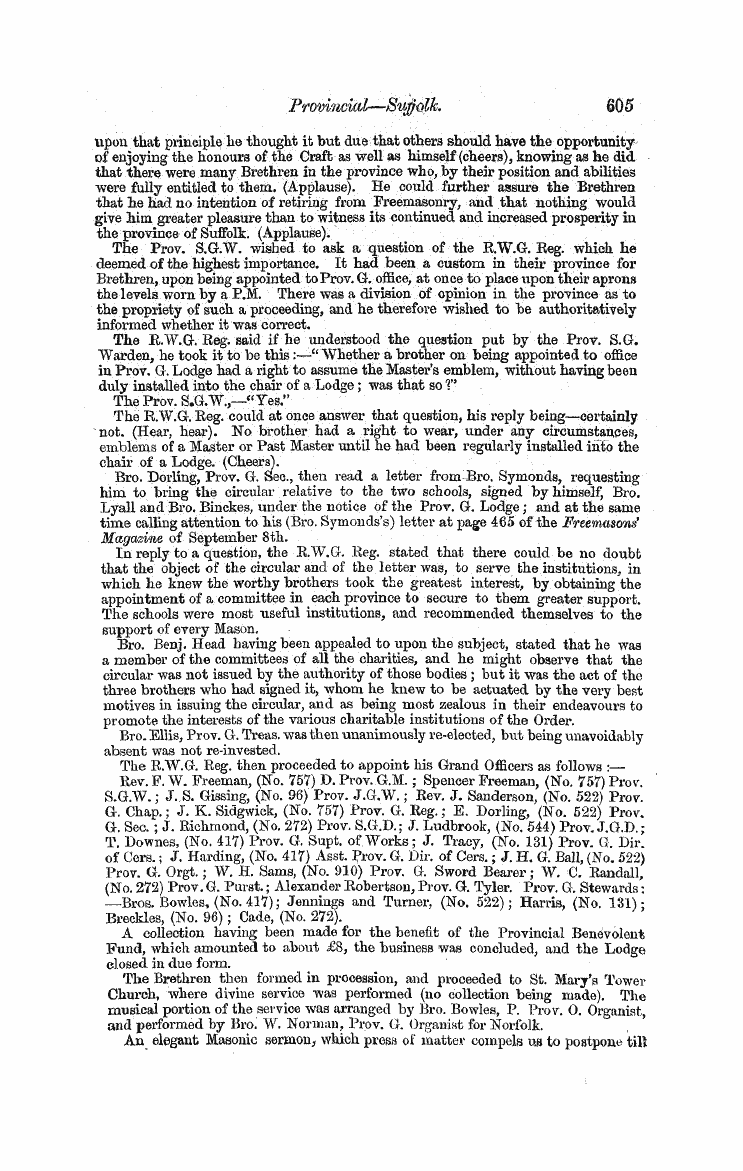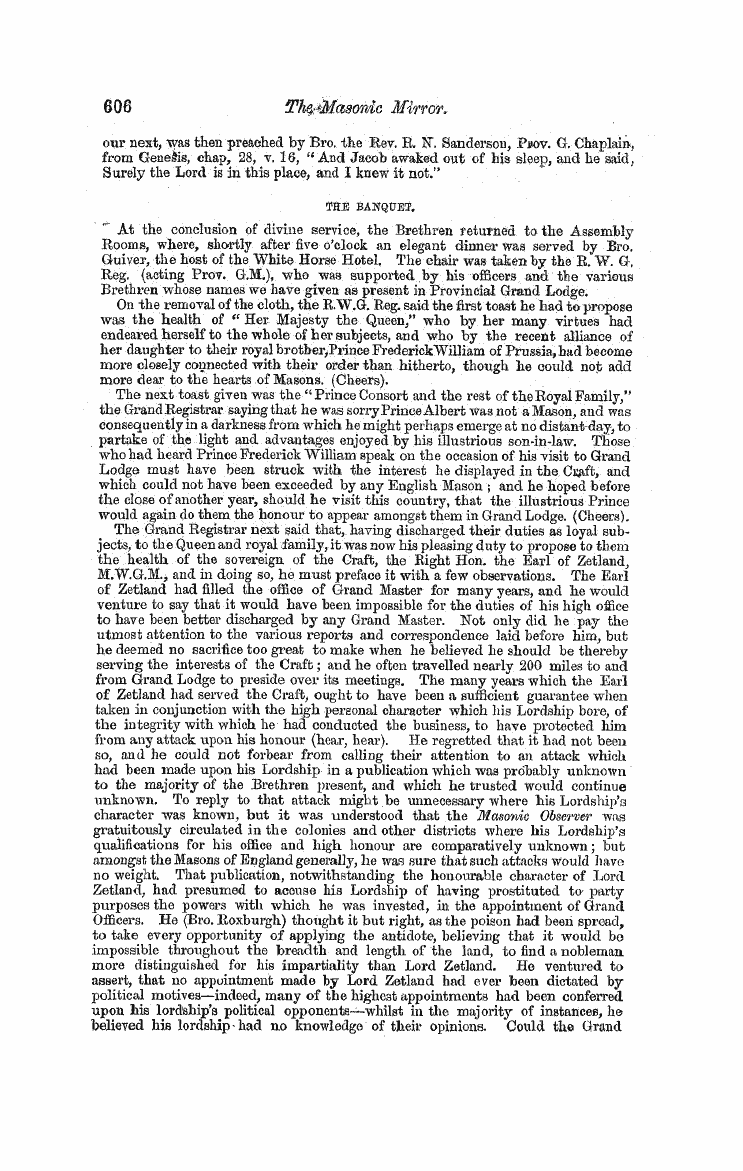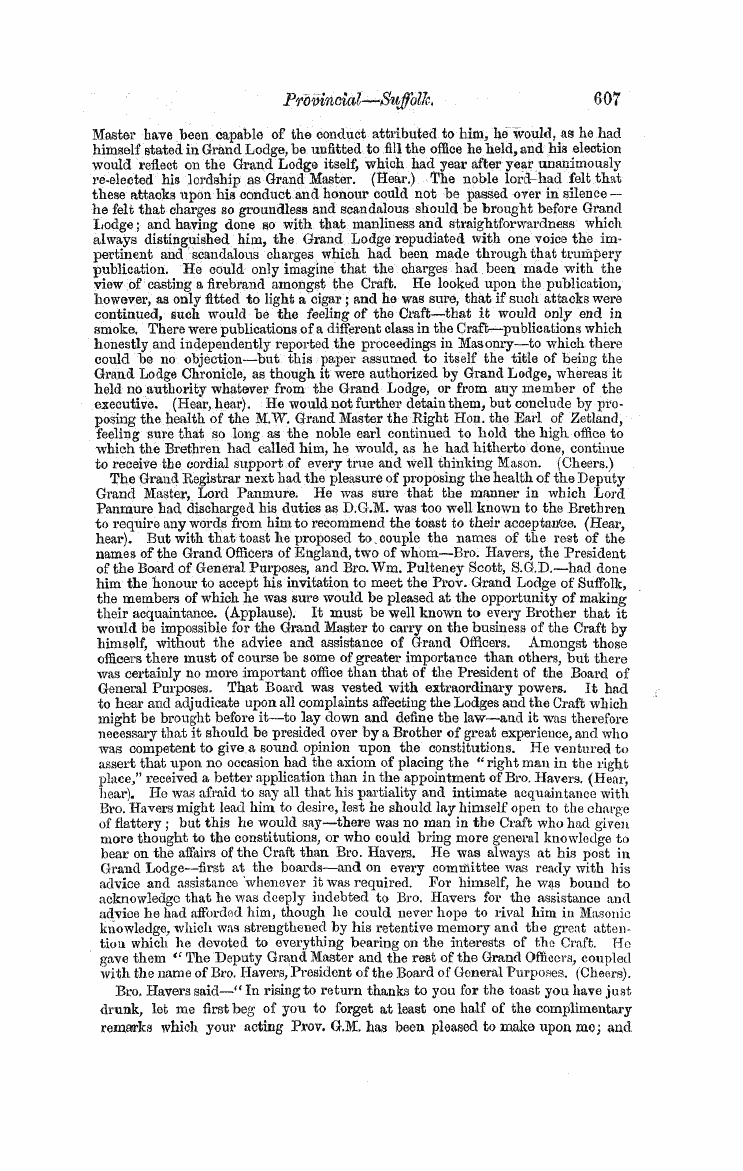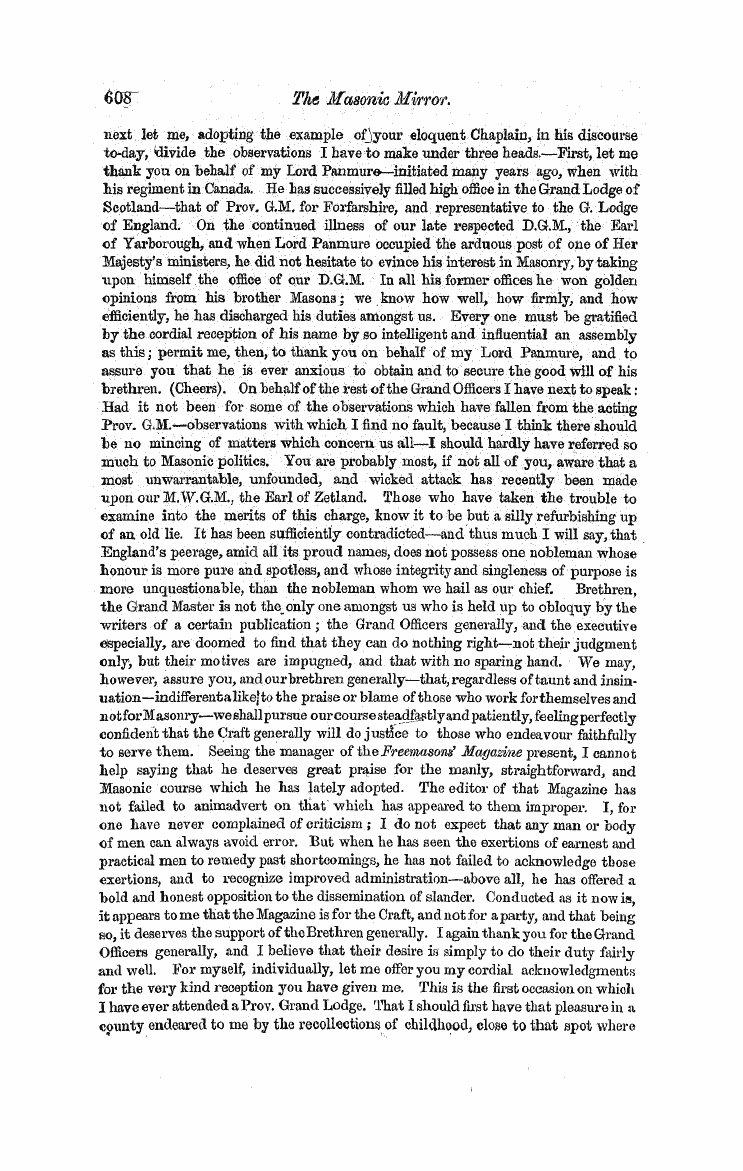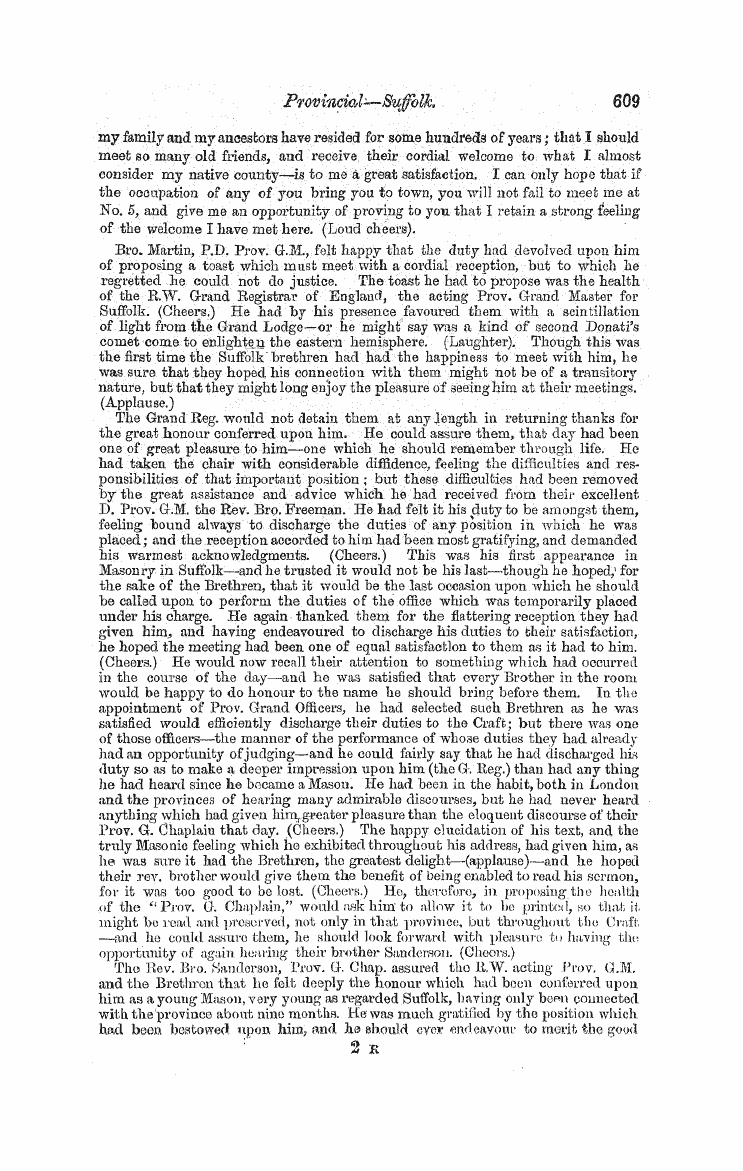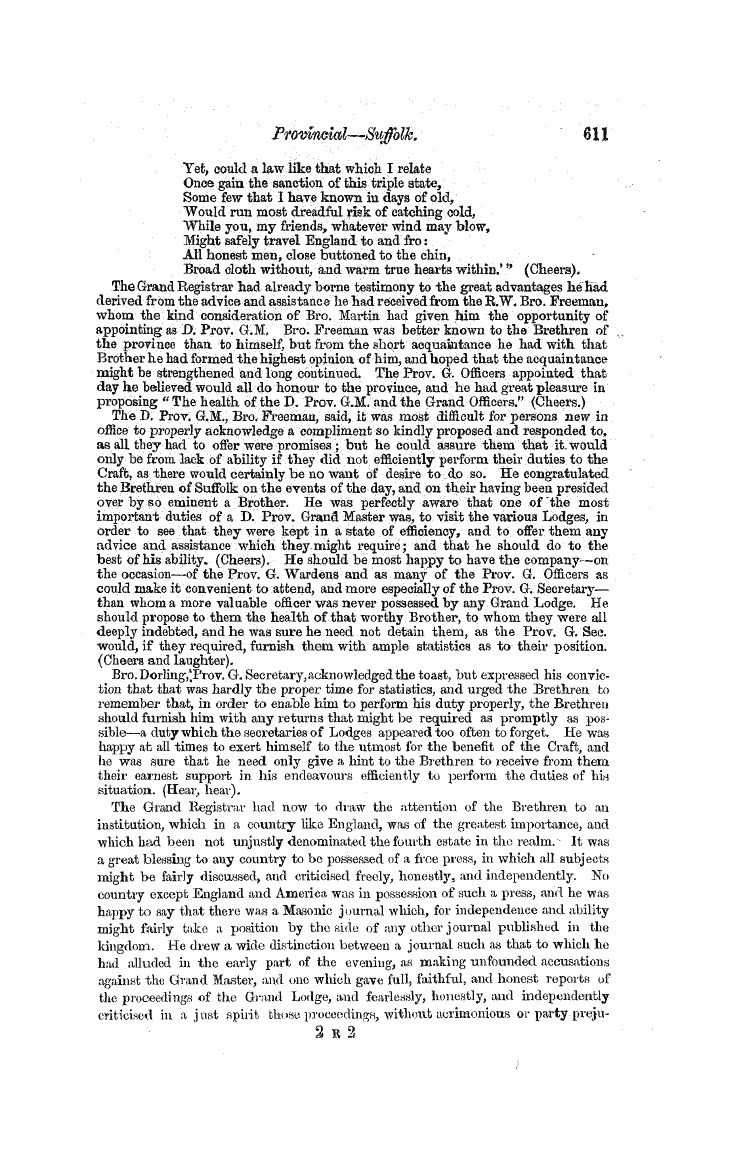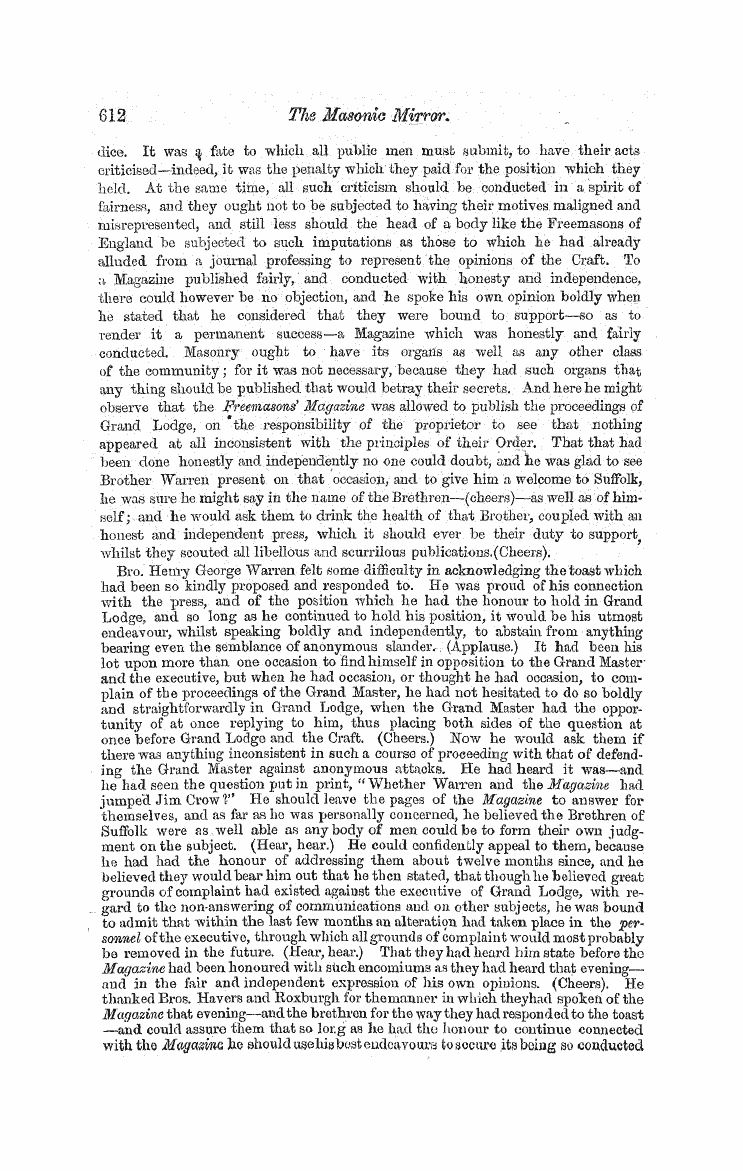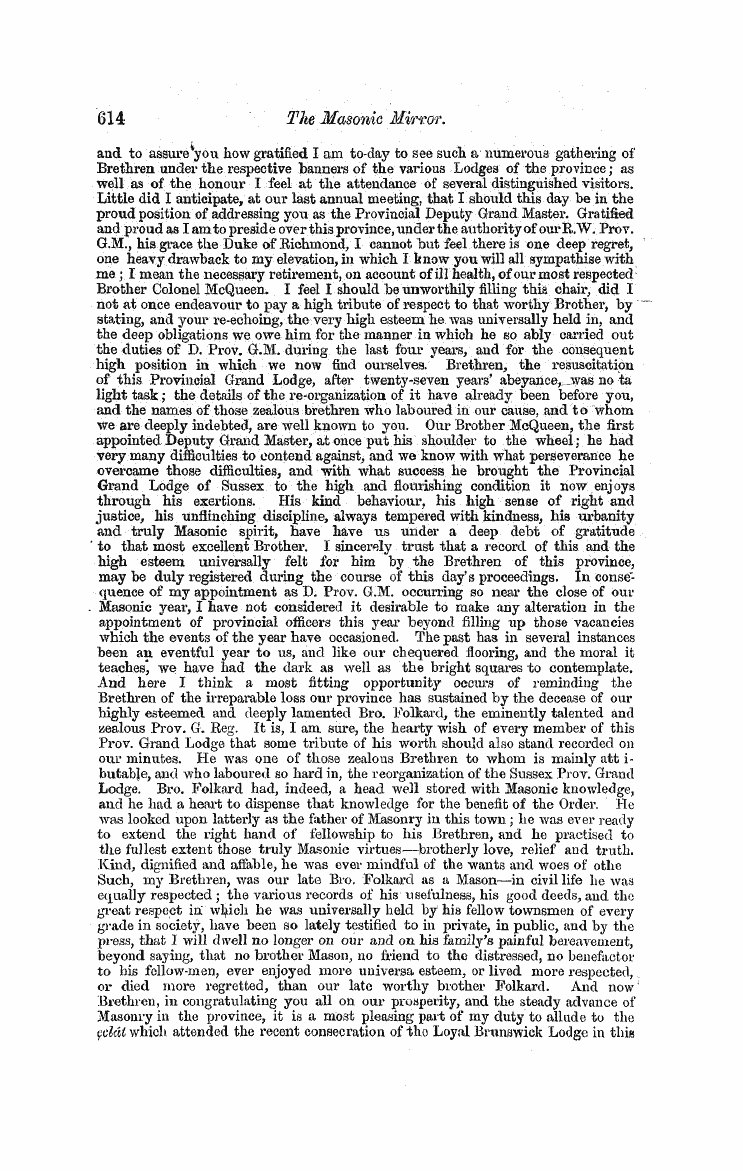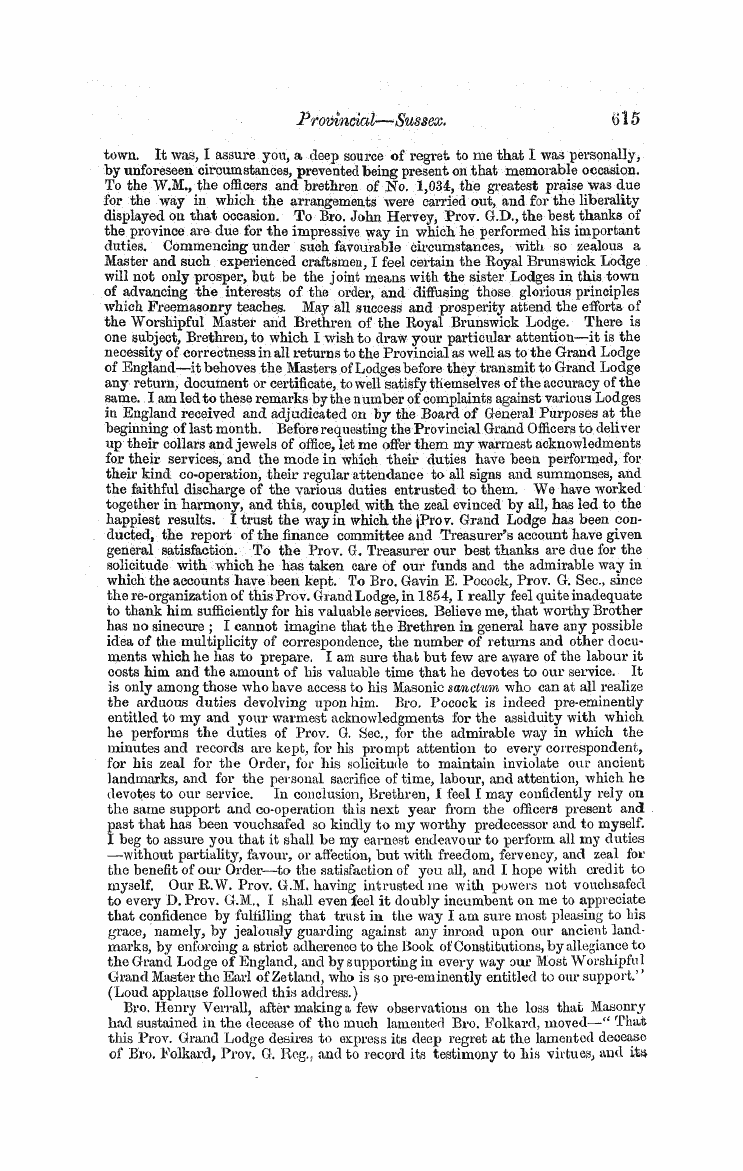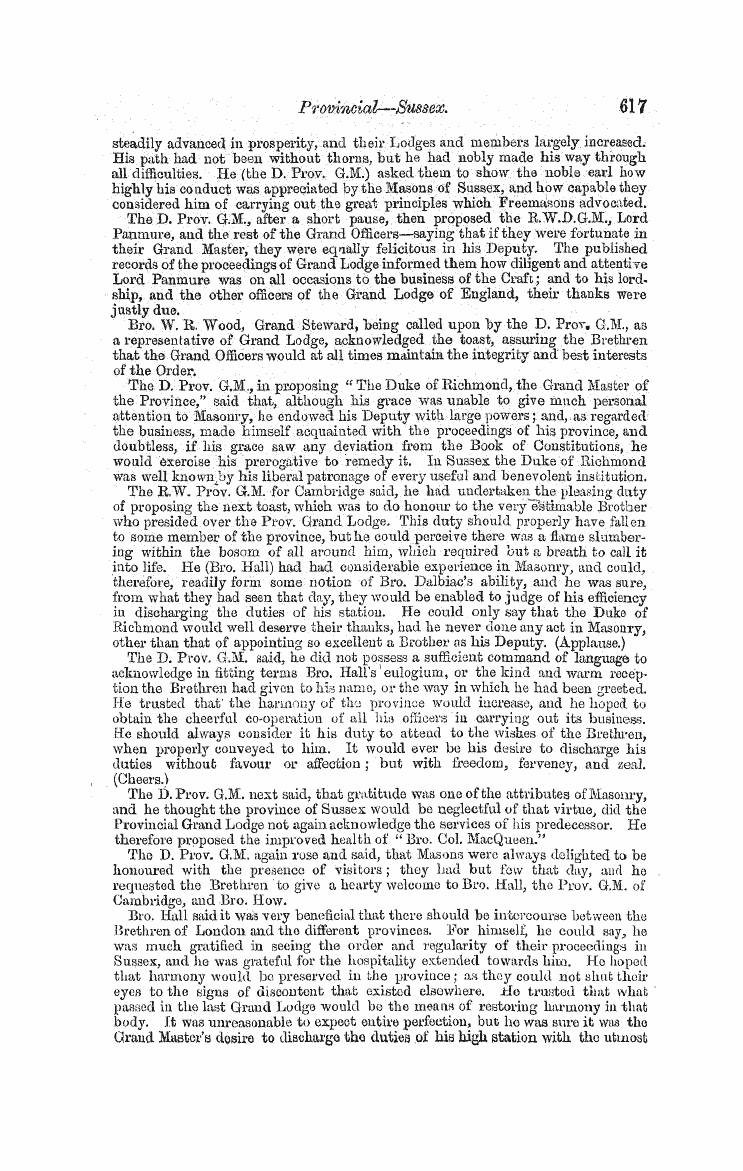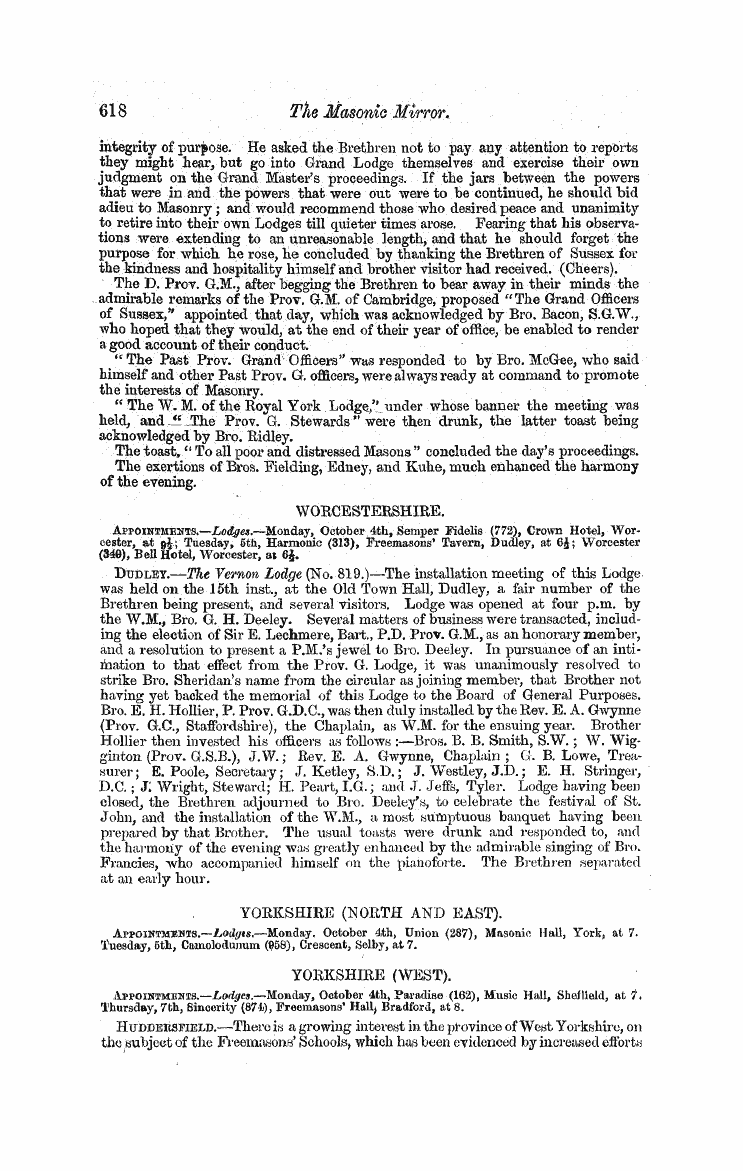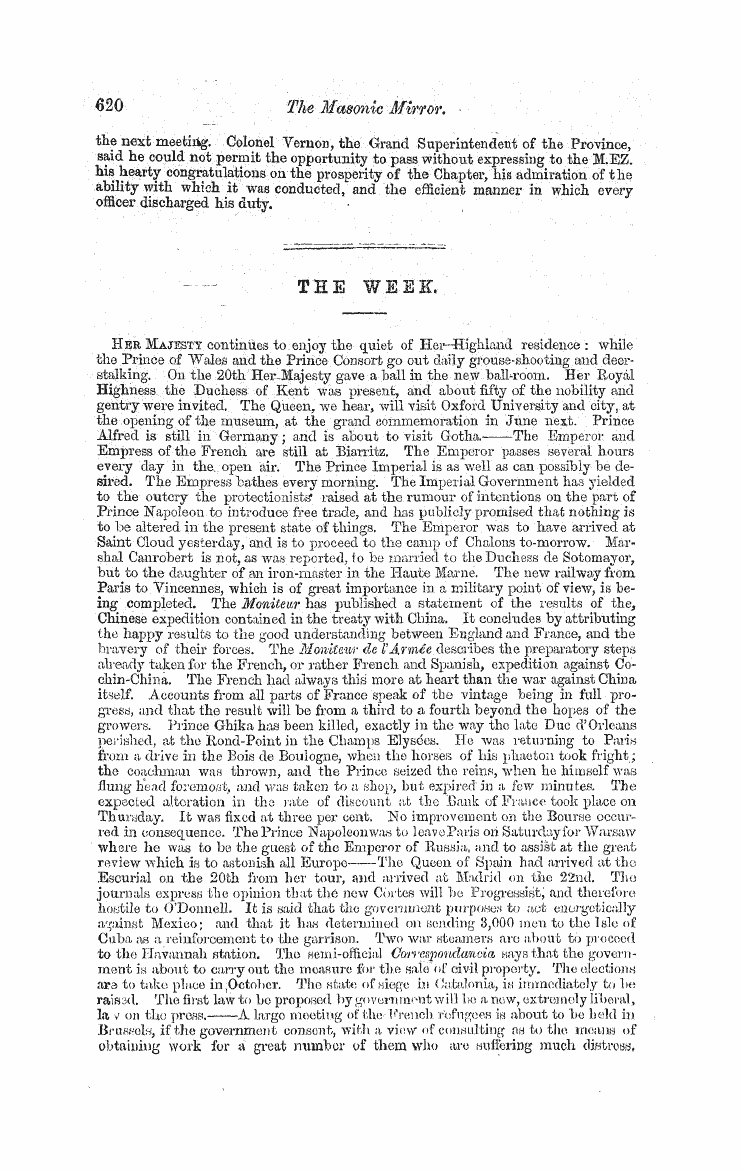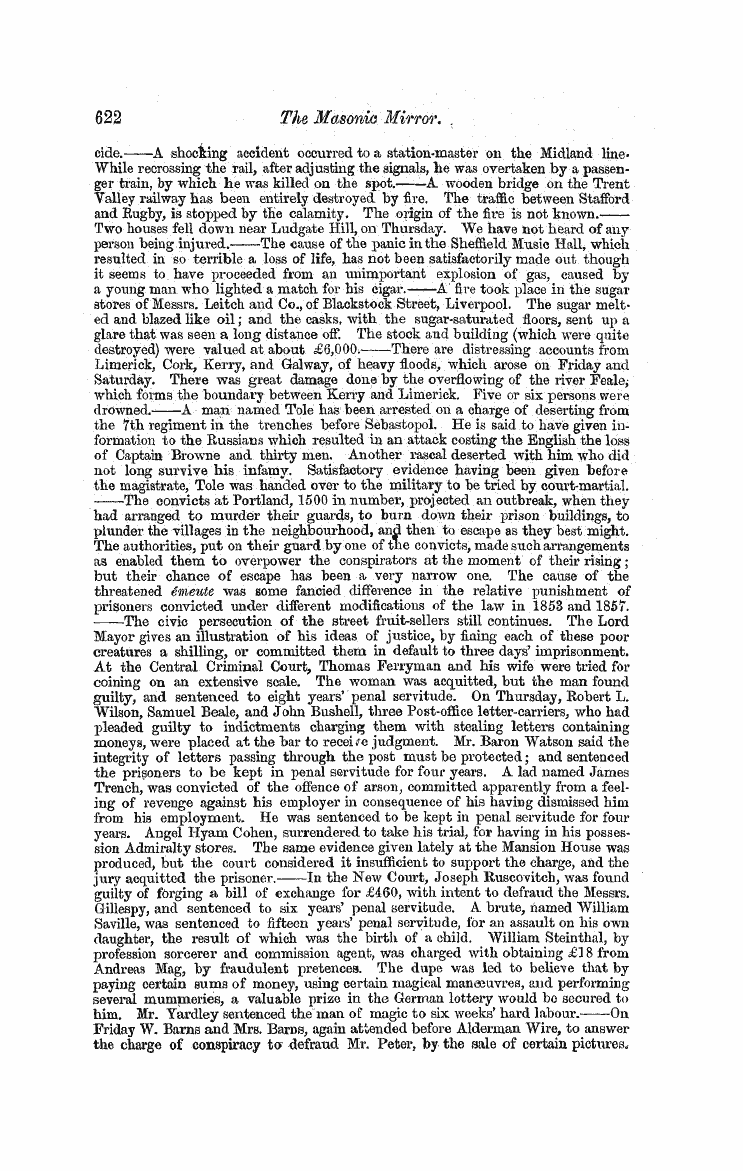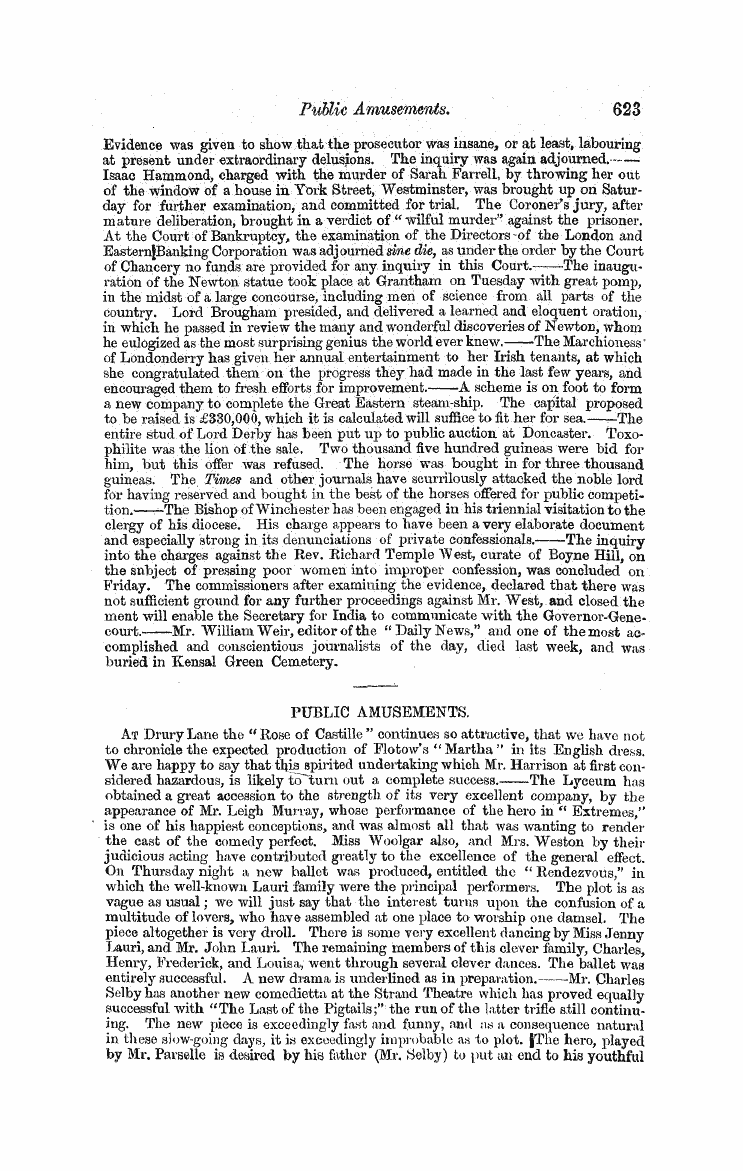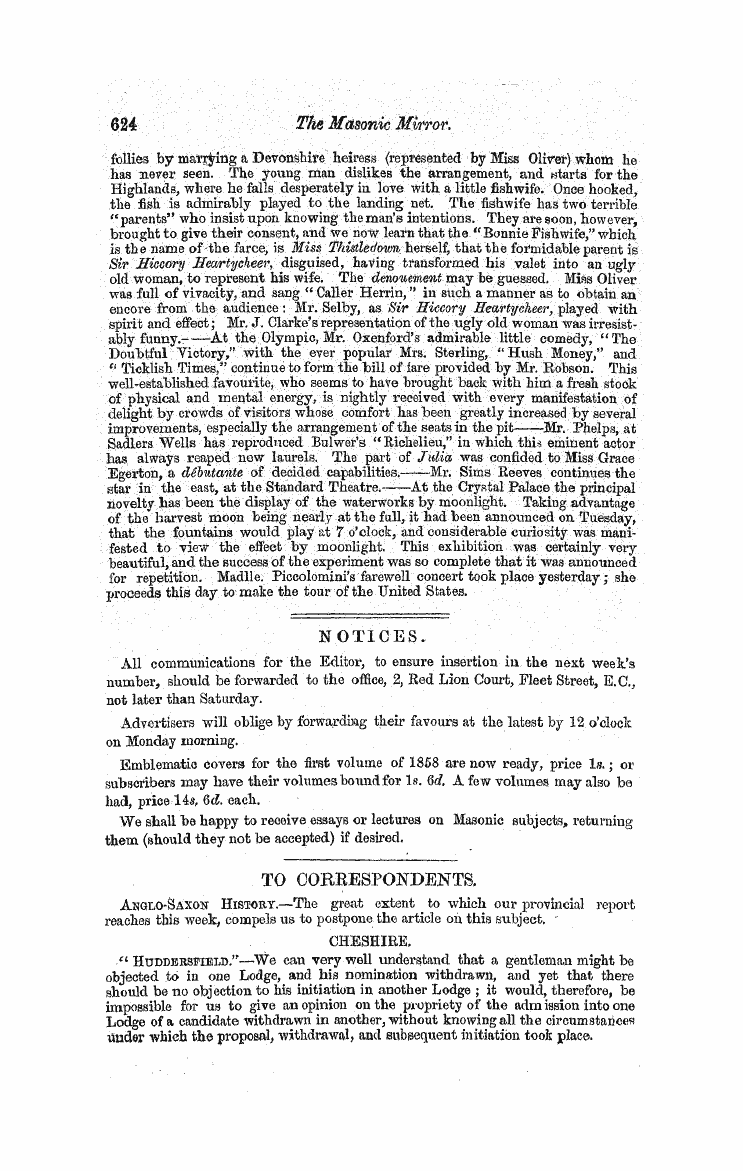Note: This text has been automatically extracted via Optical Character Recognition (OCR) software.
0!He Ang
The Attic festivals of Dionysus , were four in number : viz . — 1 . The rural or lesser Dionysia . 2 . The Lensea . 3 . The Anthesteria .
4 . The civic or greater Dionysia . The season of the year sacred to Dionysus , was during the months nearest to the shortest day . 1 . The rural or lesser Dionysia ( a vintage festival ) w ere celebrated in the various denies of Attica , in the month of Poseideon , and were under the superintendence of the respective demarclis , or local magistrates . This was the most ancient of these festivals , and was
celebrated with more universal revelling and merriment than the others , even slaves enjoying perfect freedom and indulging the most boisterous gaiety during its celebration . It is said that from this festival comedy took its origin , in the jests which the pea vented upon the populace from a waggon in which they rode about . 2 . The Lenaea were celebrated in the month of Gamelion . This
festival was so called from Atj ^ oc , the wine press , and was celebrated in the ancient temple of Dionysius Limnseus ( from Mjavt ] , a swamp ) , with a procession , and scenic contests in tragedy and comedy . The procession went to the Lenseon ( as the temple was called ) , where a goat was sacrificed , and the chorus standing round the altar , sang a dithyrambie ode to the god . As the dithyramb was the element out of
which , by the introduction of an actor or speaker , tragedy arose , it is natural that in . the scenic contests of this festival , it should have preceded comedy . The poet who wished his play to be brought out at the Leiuea , applied to the archon who had the superintendence of this festival , and who granted him a chorus if the poem or play seemed to him to deserve it .
3 * The Anthesteria were celebrated on the 11 th , 12 th , and 13 th days of the month Anthesterion . The second archon likewise presided at this celebration , and awarded prizes to those who were victorious in the several games which took place on the occasion . It is uncertain whether dramas were performed on this occasion . Some have thought that those which were performed on the occasion of the greater Dionysia , were rehearsed at this festival . The mysteries connected with the celebration ofthe Anthesteria were held at night . 4 . The civic or greater Dionysia were celebrated about the middle
of the month Elaphebolion , and were under the superintendence of the first archon , who awarded a prize to the dramatist who produced the most successful play . The prize consisted of a crown , and his name was proclaimed in the theatre of Dionysus . The worship of
Dionysus ( whom the Romans called Bacchus ) , or rather the Bacchic mysteries and orgies , or the bacchanalia , are said to have been introduced from southern Italy into Etruria , and carried from thehce to Borne , where , for along time they were carried on in secret , and , during the latter part of their existence , at night ., The initiated , according to
Note: This text has been automatically extracted via Optical Character Recognition (OCR) software.
0!He Ang
The Attic festivals of Dionysus , were four in number : viz . — 1 . The rural or lesser Dionysia . 2 . The Lensea . 3 . The Anthesteria .
4 . The civic or greater Dionysia . The season of the year sacred to Dionysus , was during the months nearest to the shortest day . 1 . The rural or lesser Dionysia ( a vintage festival ) w ere celebrated in the various denies of Attica , in the month of Poseideon , and were under the superintendence of the respective demarclis , or local magistrates . This was the most ancient of these festivals , and was
celebrated with more universal revelling and merriment than the others , even slaves enjoying perfect freedom and indulging the most boisterous gaiety during its celebration . It is said that from this festival comedy took its origin , in the jests which the pea vented upon the populace from a waggon in which they rode about . 2 . The Lenaea were celebrated in the month of Gamelion . This
festival was so called from Atj ^ oc , the wine press , and was celebrated in the ancient temple of Dionysius Limnseus ( from Mjavt ] , a swamp ) , with a procession , and scenic contests in tragedy and comedy . The procession went to the Lenseon ( as the temple was called ) , where a goat was sacrificed , and the chorus standing round the altar , sang a dithyrambie ode to the god . As the dithyramb was the element out of
which , by the introduction of an actor or speaker , tragedy arose , it is natural that in . the scenic contests of this festival , it should have preceded comedy . The poet who wished his play to be brought out at the Leiuea , applied to the archon who had the superintendence of this festival , and who granted him a chorus if the poem or play seemed to him to deserve it .
3 * The Anthesteria were celebrated on the 11 th , 12 th , and 13 th days of the month Anthesterion . The second archon likewise presided at this celebration , and awarded prizes to those who were victorious in the several games which took place on the occasion . It is uncertain whether dramas were performed on this occasion . Some have thought that those which were performed on the occasion of the greater Dionysia , were rehearsed at this festival . The mysteries connected with the celebration ofthe Anthesteria were held at night . 4 . The civic or greater Dionysia were celebrated about the middle
of the month Elaphebolion , and were under the superintendence of the first archon , who awarded a prize to the dramatist who produced the most successful play . The prize consisted of a crown , and his name was proclaimed in the theatre of Dionysus . The worship of
Dionysus ( whom the Romans called Bacchus ) , or rather the Bacchic mysteries and orgies , or the bacchanalia , are said to have been introduced from southern Italy into Etruria , and carried from thehce to Borne , where , for along time they were carried on in secret , and , during the latter part of their existence , at night ., The initiated , according to































































































































































































